
As outbreaks of measles and mumps continue to spring up across the country, a third dose of the MMR vaccine may be necessary to cull their spread.

As outbreaks of measles and mumps continue to spring up across the country, a third dose of the MMR vaccine may be necessary to cull their spread.

Researchers from the Moffitt Cancer Center find that the newest HPV vaccine protects against 9 cancer-causing strains of the virus.
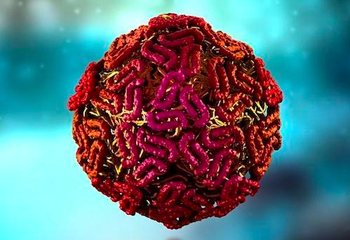
New cases of West Nile virus springing up around the country are a reminder that the virus can continue to cause new infections well into fall, as mosquitoes continue to stay active where it’s still warm.

WHO report confirms that “the world is running out of antibiotics” to treat resistant priority pathogens

New Republican-led healthcare plan gains traction as past-presidential candidate, Bernie Sanders, puts forth a plan of his own.

A report released by the Wisconsin DOH shows a 58% increase in syphilis cases from 2015 to 2016.
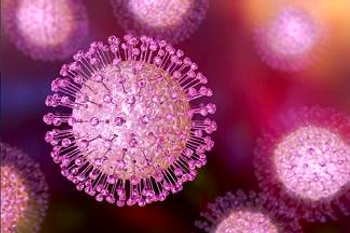
In this update, we cover the latest news this past week associated with the Zika virus.

Biological threats are becoming increasingly diverse and we must consider this when responding within the healthcare environment.
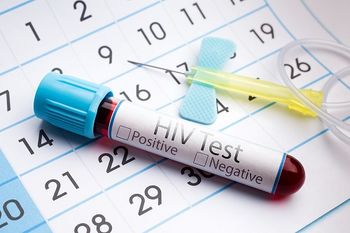
The US government’s new plan comes on the heels of reports that 5 African countries are poised to gain complete control over their HIV epidemics.

Bacterial vaginosis is the most common gynecologic infection in the United States, affecting 21 million women between the ages of 14 and 49, each year.

In a new study reviewing existing literature, researchers have found that more than 2 dozen viruses have been detected in human semen.

Lefamulin, a pleuromutilin antibiotic, continues to meet primary endpoints for the treatment of community acquired bacterial pneumonia (CABP) in clinical trials.

Doctors in the United Kingdom are recommending that antibiotics should be given to women who have preterm labor to avoid the transmission of group B streptococcal (GBS) disease to their newborns.

Thirty-seven individuals have been infected in ongoing multistate Salmonella Agbeni outbreak that has been linked with pet turtles.

Stay up-to-date on the latest infectious disease news by checking out our top 5 articles of the week.

New CDC Morbidity and Mortality Report highlights gaps in infection control practices in many New York City hospitals.

A new study looks at the role the microbiome of the middle ear may play in ear infections.
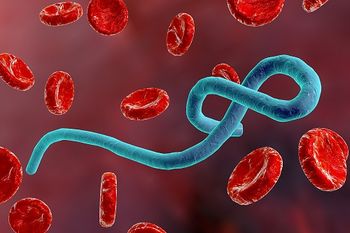
Despite clearing the virus, researchers find that Ebola survivors can suffer long-term effects of infection.

Researchers from Imperial College in London have created a scoring system designed to predict 10-year tuberculosis (TB) risk in adult contacts of index cases.
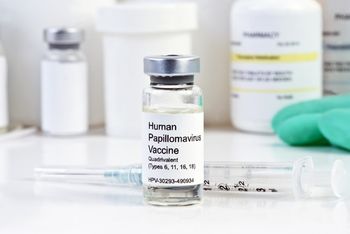
Administration of the HPV vaccine continues to lag behind that of other recommended vaccines. How can providers increase the proportion of adolescents vaccinated against this sexually transmitted virus?

The CDC has issued a health advisory on a rifampin/penicillin-resistant strain of RB51 Brucella that has been contracted by a Texas resident through the consumption of raw milk.

As practitioners continue to mistake the worsening of asthma symptoms for bacterial respiratory infections, more antibiotics are being prescribed, many times, inappropriately.
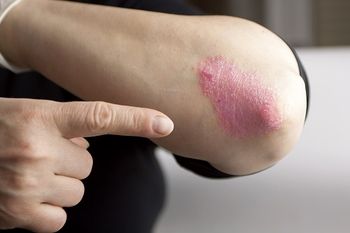
Researchers from the Department of Dermatology at the Northwestern University Feinberg School of Medicine have found no correlation between having psoriasis and the prevalence of hepatitis B or C.
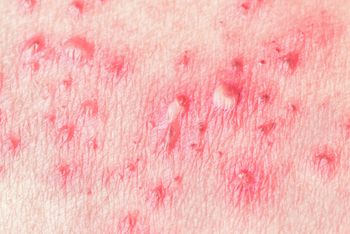
A FDA expert advisory panel voted unanimously to back a new shingles vaccine developed by GlaxoSmithKline: Shingrix.
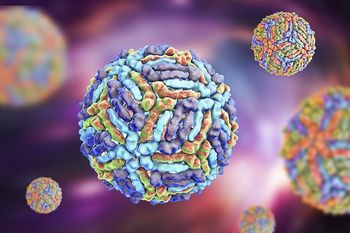
Although West Nile virus activity is set to taper off in the coming weeks, state health agencies are continue to report new cases, reminding the public that mosquito activity and new infections may continue well into fall.

In a recent updated report, the Centers for Disease Control and Prevention’s Global Disease Detection Operations Center identifies the most recent public health threats, including those that could lead to a pandemic.

Puppies sold by national pet store chain have been identified as the potential source of an ongoing multistate Campylobacter outbreak.
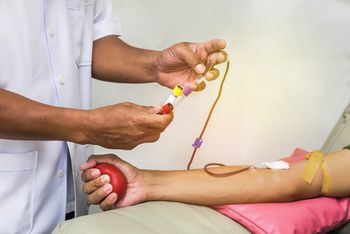
The New York State Department of Health warns of potential disease exposure in two facility locations in Westchester County.
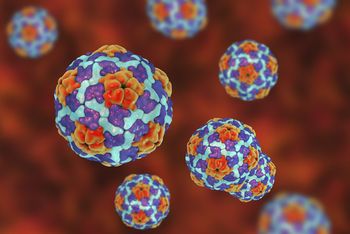
A hepatitis A outbreak rages on in San Diego California, claiming 16 lives thus far.

Antimicrobial stewardship and antimicrobial susceptibility testing (AST) remain critical in the race against antimicrobial resistance.